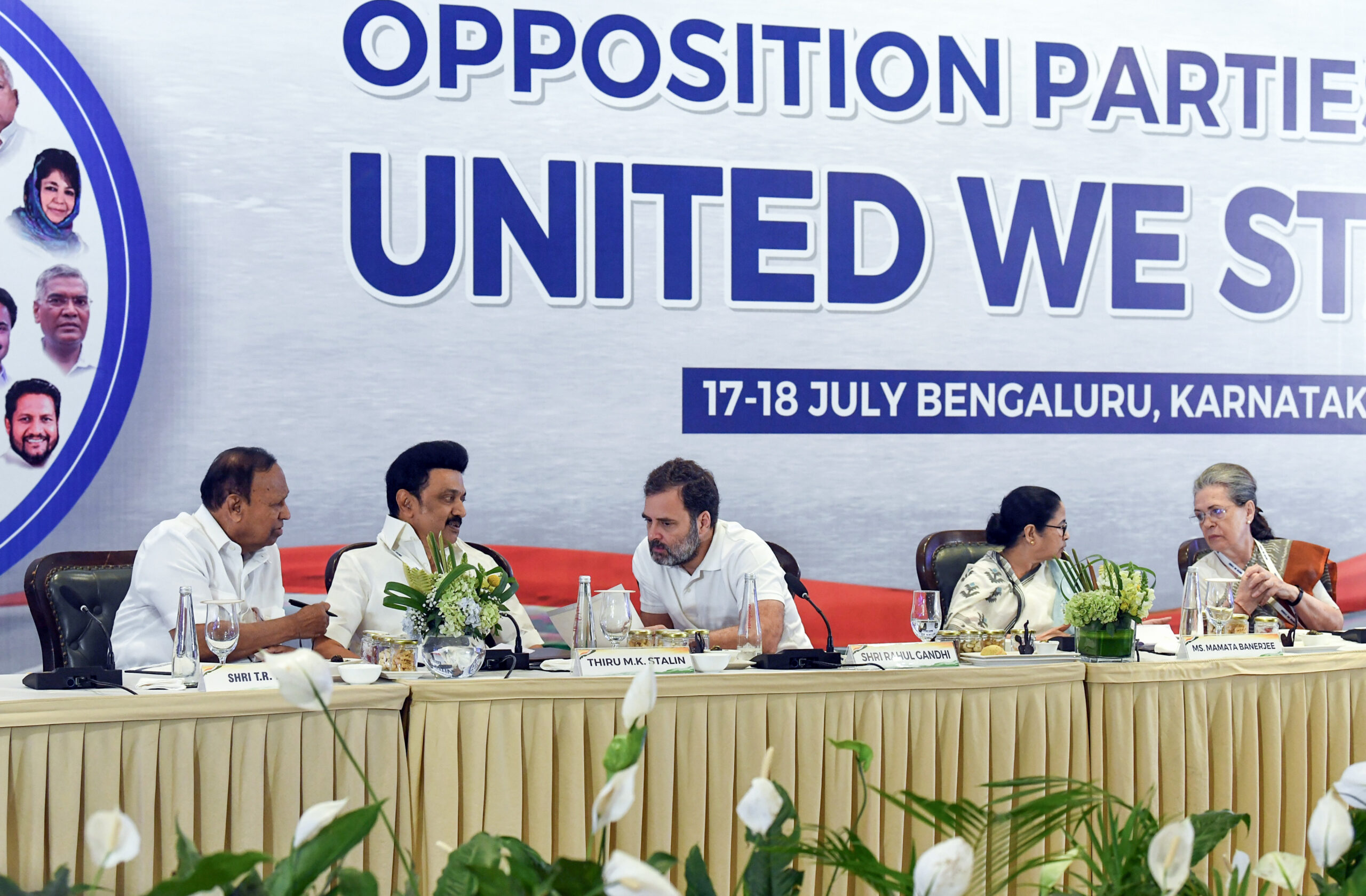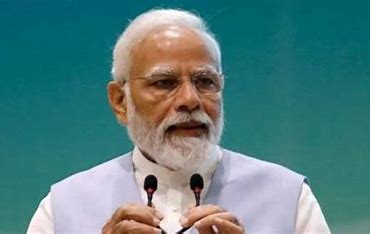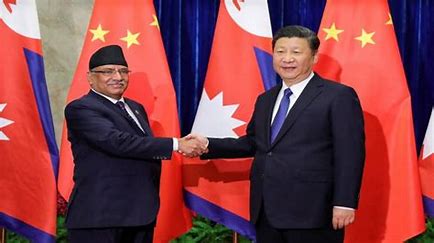
In a bid to counter what they believe to be communal debates fostering societal hatred, an alliance of 26 Indian opposition parties has resolved to boycott shows and debates hosted by 14 television anchors across nine news channels.
The decision, announced following a meeting at Pawar’s residence in New Delhi on September 13, accuses the blacklisted anchors of bias and spreading communal discord through their platforms. Consequently, the coalition has pledged not to send any spokespersons for debates hosted by these anchors, a list that includes well-known personalities such as Arnab Goswami of Republic Bharat, Aman Chopra of News18, and Sudhir Chaudhary of Aaj Tak, among others.
Pawan Khera of the Congress communications department circulated the full roster of sidelined anchors on social media post a virtual meeting on September 14. This move intends to pressure the implicated anchors into exhibiting a change in their “mindset and content”.
Despite the boycott, the alliance remains open to revoking the ban contingent upon a noticeable change in the conduct of the named anchors. Teams will monitor the anchors to discern any shift in their approach that warrants lifting the boycott.
While the alliance stands firm on its decision, concerns have arisen regarding the potential missed opportunities for political discourse and expression on platforms with considerable outreach.
This development highlights the influential role that news channels and TV debates play in shaping perceptions and narratives in contemporary politics. Some argue that by sidelining themselves from these platforms, opposition parties might lose a vital space to articulate their positions to a broad audience. As such, the parties in the alliance face a pivotal choice between standing against perceived media bias and maintaining a presence in the popular media landscape.















